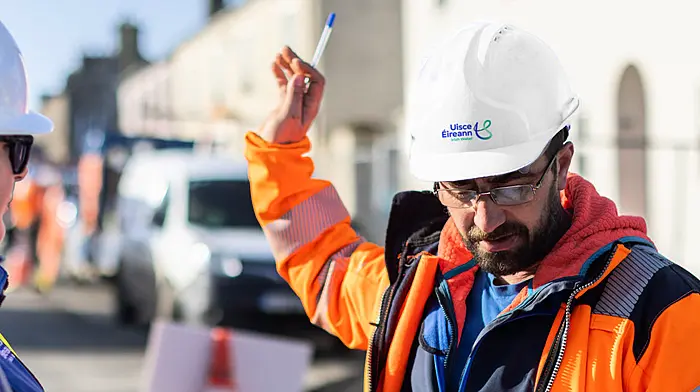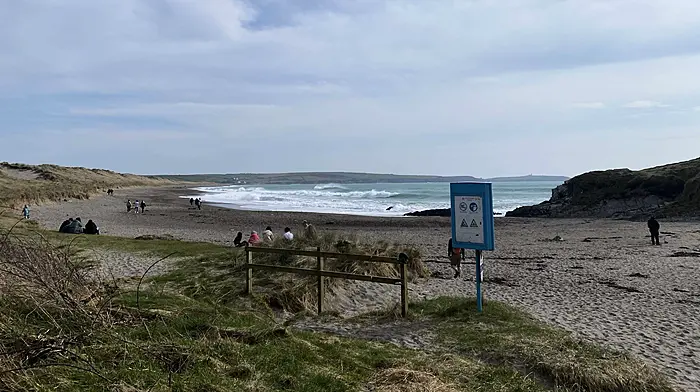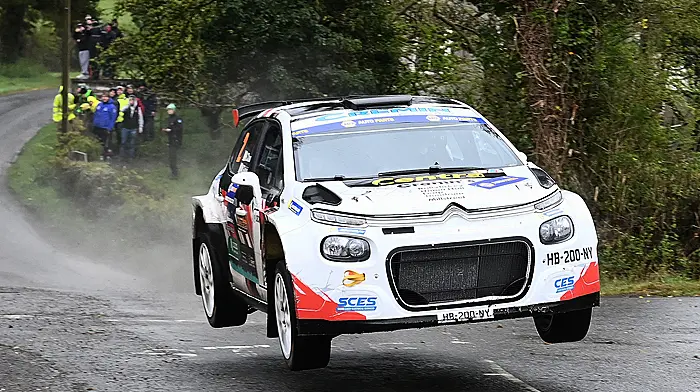ANY doubts about Brexit going ahead were mercilessly swept away by the scale of Prime Minister Boris Johnson’s victory in the British general election in which his Conservative Party romped to an 80-seat majority over the fractured main opposition parties, the most high-profile casualty having been the Labour Party, led by an indecisive Jeremy Corbyn, winning its lowest number of parliamentary seats since 1935, while Liberal Democrats leader Jo Swinson, who fancied herself as a future PM, lost her own seat in Scotland.
Boris Johnson’s decisive triumph means that the Withdrawal Agreement Bill he failed to get through Westminster during the dying weeks of the last government should sail through the Houses of Parliament now on its re-introduction and ensure that Britain departs from the European Union by the deadline of January 31st, 2020. While Brexit is not great for Ireland, the fact that it should now happen in an orderly fashion removes a lot of the uncertainty that has plagued this saga since the referendum of June 2016.
However, new trading arrangements will have to be negotiated with the EU during the coming year and hopefully the new Trade Commissioner, Phil Hogan, will make sure that Ireland’s interests are kept to the forefront as much as practically possible. Mr Johnson has vowed to heal the divisions caused by Brexit, but how sincere he is about that remains to be seen.
The United Kingdom itself may be in danger of fracturing given the size of the mandate achieved by the Scottish National Party, led by Nicola Sturgeon, who is demanding another referendum on independence with a view to Scotland remaining in the EU. The other region of the UK where a majority voted to stay in the EU in 2016 was Northern Ireland, which had its views scandalously misrepresented by the Democratic Unionist Party (DUP) in Westminster when they propped up Theresa May’s ill-fated minority government.
Now that they are no longer kingmakers in the United Kingdom, the DUP need to mend a lot of bridges back in Northern Ireland if they want to make themselves relevant again after suffering seat losses, as nationalist parties won more seats in Westminster than unionists for the first time ever.
Northern Ireland Assembly talks began at the start of this week to try to get the power-sharing administration up and running more than two years and nine months after the current MLAs were elected, but even if they succeed, it may be like closing the stable door after the Brexit horse has bolted.
Sinn Féin leader Mary Lou McDonald is grasping at the straw of the prospect of a united Ireland during the 2020s to keep herself relevant to the party’s hardcore republican element in the North, having failed to impress electorally down south in the presidential, local and European elections of the past 15 months. What happens in Scotland will be crucial in setting a precedent for her ambitions.








